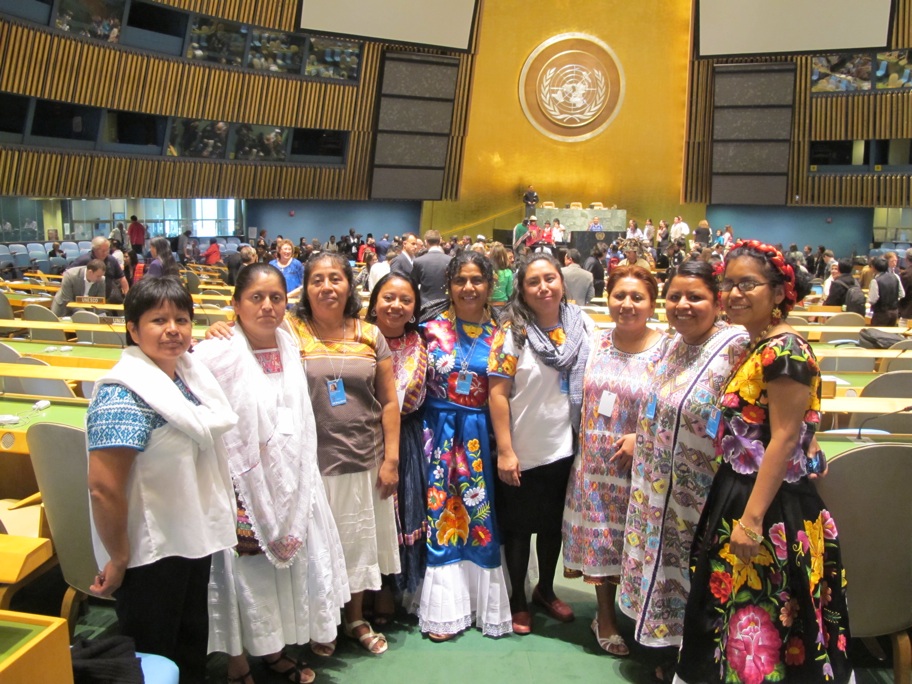Indigenous Women’s Watch works to ensure that indigenous women actively participate in leading their communities to recognize and reduce violence.
Why we care: Indigenous women of the Mayan K’iche’ communities of Guatemala experience discrimination and are at risk for violence.
How we’re solving this: Training more than 200 indigenous women and girls, public officials, spiritual leaders, female leaders of nonprofit organizations, and community groups on how to prevent and reduce violence against women, as well as provide support for survivors.
Mayan K’iche’ women are highly susceptible to experiencing gender-based violence; one in five will experience rape, domestic violence or sexual exploitation. In whatever form it takes, gender-based violence is a violation of human dignity. Lack of awareness and advocacy against these issues make it difficult to establish public policies and laws to protect the women. In addition, the governments of Mayan K’iche’ communities frequently argue that they need more data, both quantitative and qualitative, on violence against indigenous women in order to create legal protections. Much of women’s struggles therefore go unseen.
Foro Internacional de Mujeres Indigenas (FIMI) created the “Indigenous Women’s Watch against Violence” initiative to advocate for women in Central America and Mexico. The initiative creates a space where indigenous women’s voices are heard and their battles are brought to the attention of the government. Indigenous Women’s Watch is striving to ensure that indigenous women actively participate in leading their communities to recognize and reduce violence.
The initiative will train over 200 indigenous women and girls, public officials, spiritual leaders, female leaders of nonprofit organizations, and community groups on how to prevent and reduce violence against women, as well as provide support for survivors. Participants will become advocates and human rights defenders in their communities, encouraging others to speak out against violence. With the support of their communities and prevention skills at hand, indigenous women will be empowered to create lasting change in ending violence against women.


